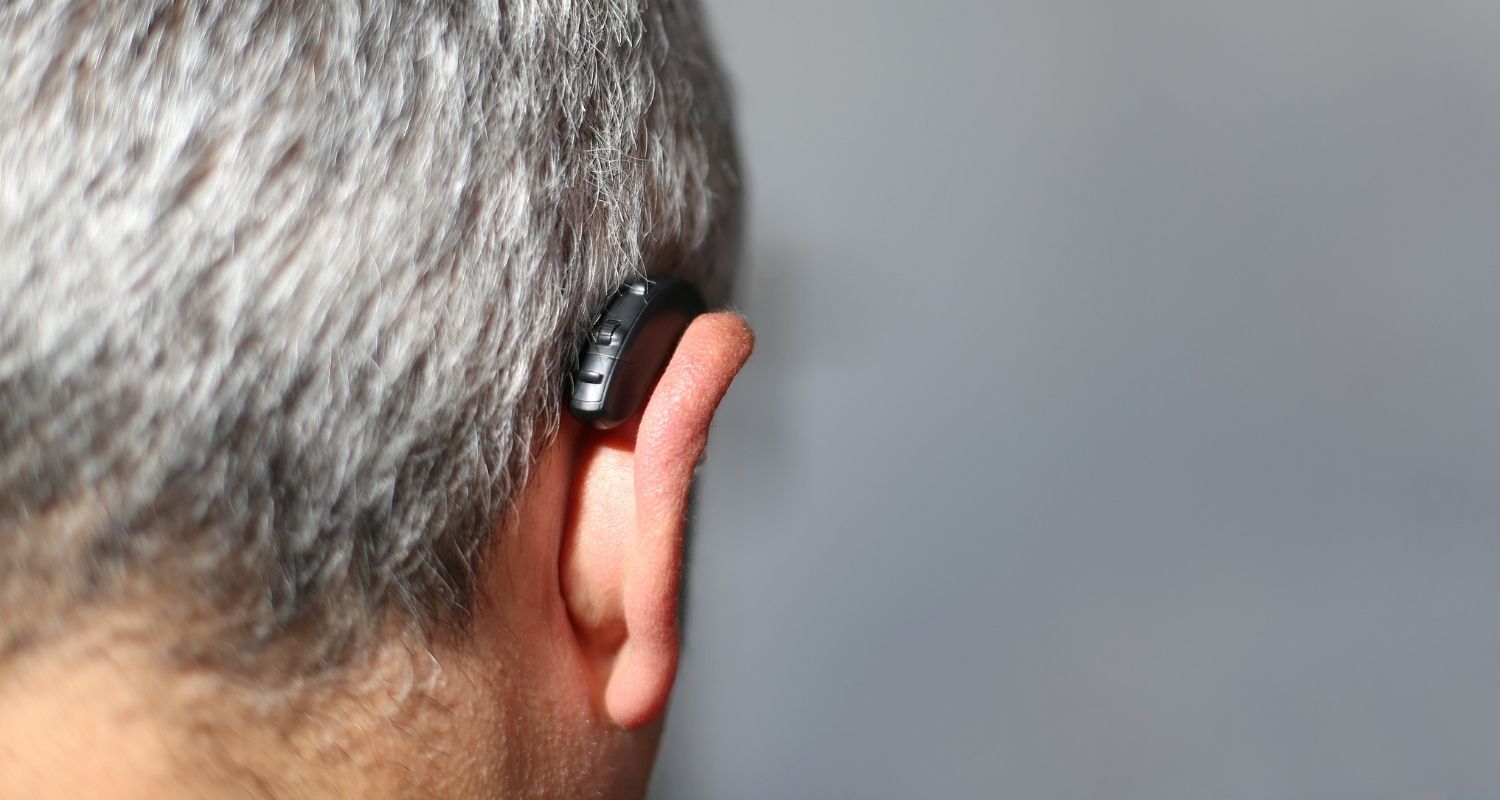
Those who reach the age of 100, known as centenarians, are a group who can help us better understand health and wellness for the rest of us. For instance, a few places in the world, known as Blue Zones, have disproportionately high numbers of centenarians. The Blue Zones can be found in Japan, Italy, Greece, Costa Rica, and California. Though these places seem to have little in common, they have become test cases for us to understand the healthiest lifestyles. We have learned a lot about nutrition, physical activity, and other healthy habits from these areas.
A recent study has zeroed in on a particularly important group of centenarians: those who do not have cognitive decline. To be able to make it to the age of 100 without facing dementia or other cognitive failure is a remarkable feat, and researchers are keen to understand what explains that astonishing ability. This recent study even noticed that some people had similar brain images to those with Alzheimer’s, yet they didn’t develop the condition.
Let’s take a closer look at the study, as well as what we can learn about the connection with hearing loss and hearing aids. Experts recommend wearing hearing aids as a way to protect against cognitive decline, so let’s find out more about that connection.
The Study
A team of Dutch researchers found a group of 340 centenarians who were cognitively healthy when they enrolled in the study. This group became a test case for what you can do to prevent Alzheimer’s and other forms of dementia. A subgroup of 79 centenarians who did not die or drop out of the study were tracked over time, as well, enabling the researchers to record the differences as years went by. Cognitive testing showed that they had abilities that were comparable to average people 30 years younger. Some of them also showed evidence of the plaques and tangles that are the hallmarks of Alzheimer’s disease, puzzling researchers as to what might have prevented them from developing the condition. What the team discovered was a certain “cognitive resilience” among this group.
At the level of brain chemistry and biological functioning, they were able to fend off the loss of neurons, inflammation and clogged blood vessels without developing cognitive symptoms. The study was not able to go the next step to demonstrate what lifestyle behaviors caused cognitive resilience. At this phase, the research is working with neurobiology to witness the features of the brain that are different among this group. However, other studies have given us a long list of lifestyle behaviors that are correlated with lower rates of dementia. Physical exercise not only improves blood flow to the brain, but it also thickens the cerebral cortex and the volume of the brain, including the frontal lobes where cognition takes place. Eating a Mediterranean diet has shown promising results, as are socializing, doing work that deals with complex facts and data, gaining higher education, and taking part in leisure activities.
Hearing Aids and Cognition
In addition to these lifestyle behaviors, other studies have strong a strong connection between hearing aids and preventing dementia. Those who have untreated hearing loss have much higher rates of dementia, including Alzheimer’s, but those who wear hearing aids have a reduced likelihood of developing these conditions. Experts explain that hearing loss makes you miss a lot in communication, and you can even lose touch with your environment. This lack of communication can lead to higher rates of dementia and can speed cognitive decline once it begins to take place.
If you want to learn from these remarkable centenarians who are able to reaming mentally sharp far into the golden years, hearing aids can be one of the keys. If you are able to remain socially engaged and able to communicate with your friends and loved ones, you brain can reap benefits of health and cognitive resilience.
The time is now to make an appointment for a hearing test if you feel like your hearing ability is in decline. Getting hearing aids as soon as possible can help prevent the negative effects for your cognitive ability and other aspects of health and wellness.
